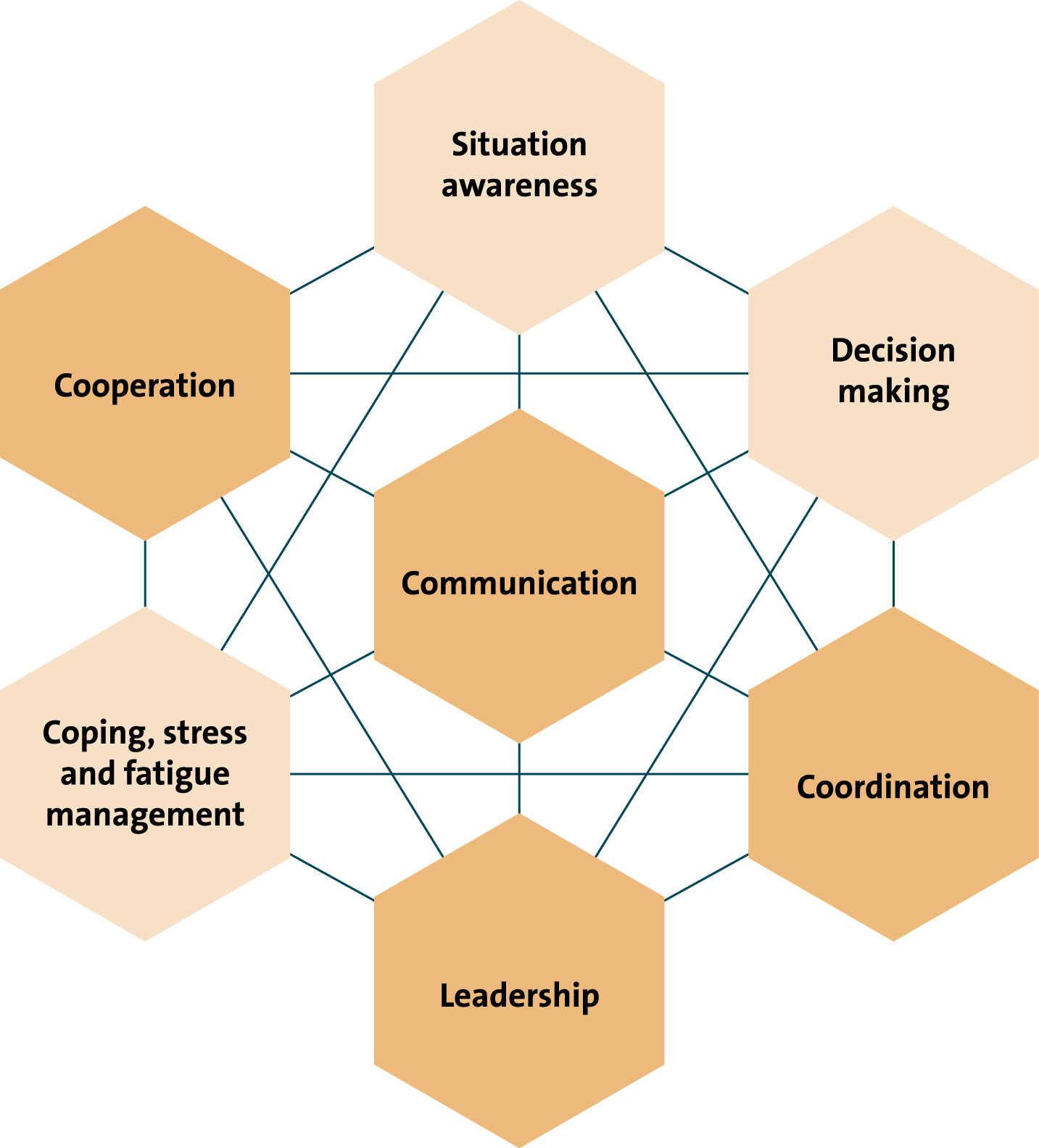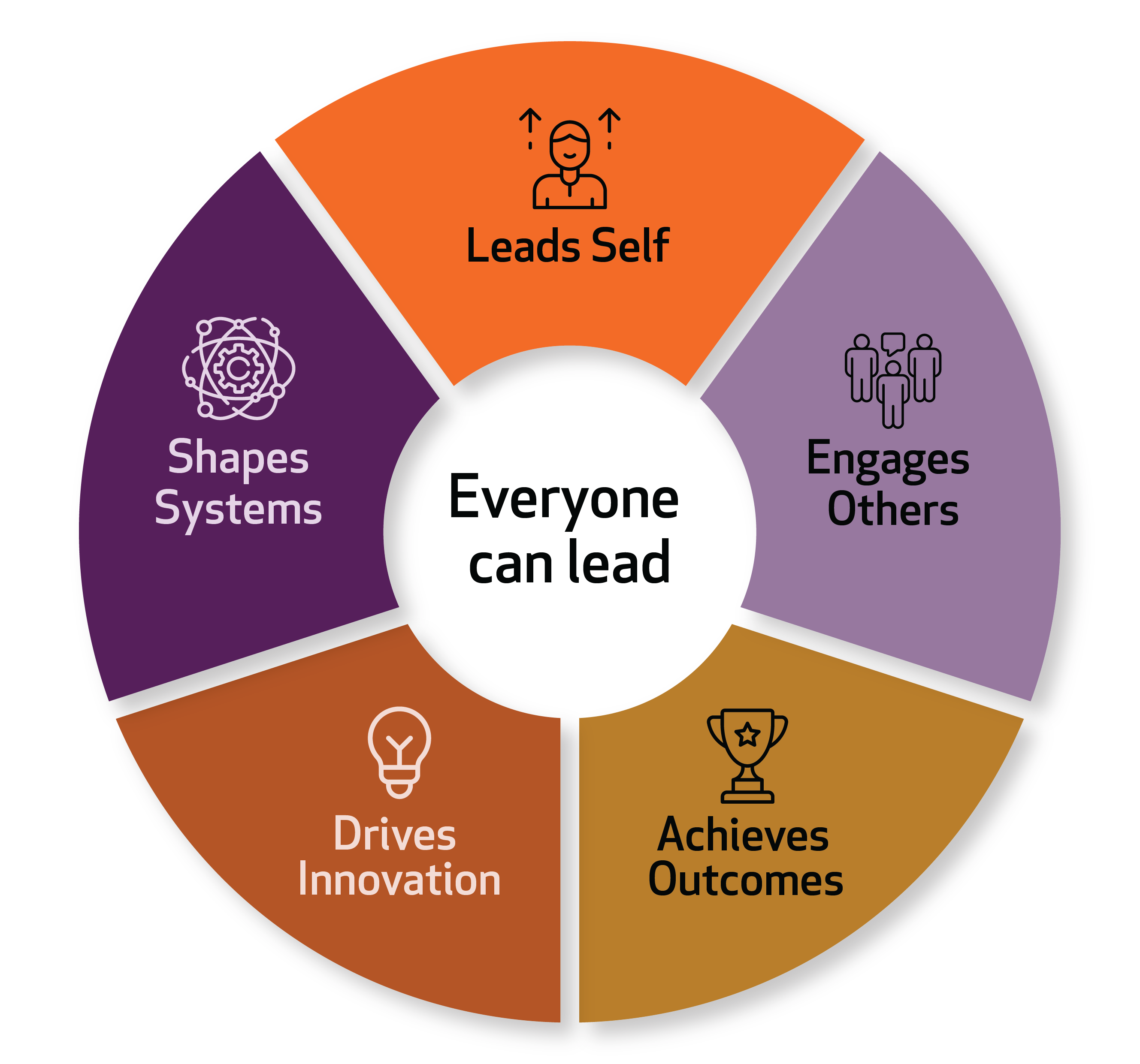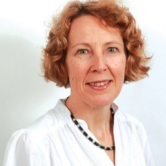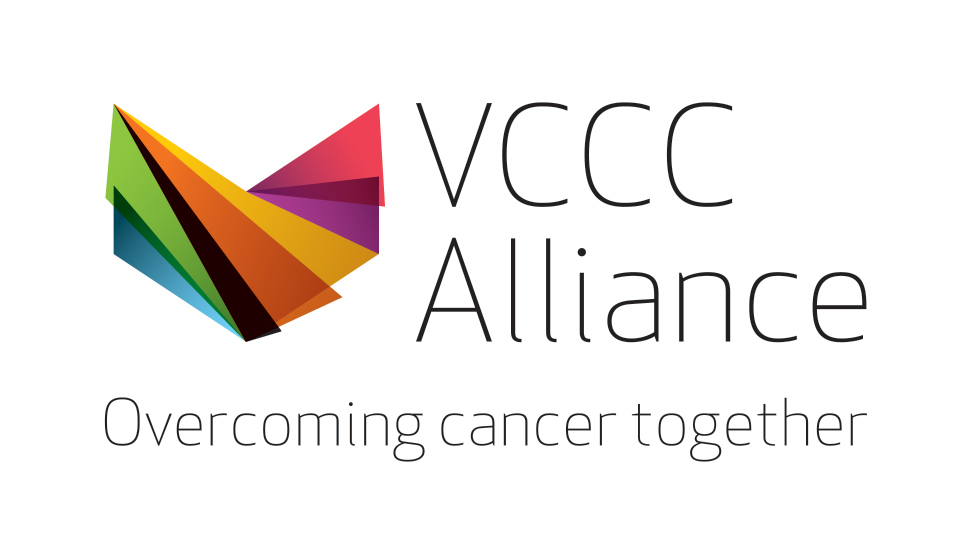VCCC Alliance Non-Technical Skills for Leadership Program
This comprehensive Leadership Course is tailored for the cancer workforce and consumer advocates keen to enhance their leadership skills. Comprising seven evidence-based modules, it equips you with practical tools to address real-life challenges effectively.
Aim: To elevate leadership skills across the cancer network among the workforce and consumer advocates.
The VCCC Alliance Non-Technical Skills for Leadership Program is dedicated to empowering leaders like you to foster effective collaboration with stakeholders, driving improvements that enhance patient outcomes and experiences. This program goes beyond theory, providing practical tools to tackle real-world challenges.
Course Overview

We've crafted Seven modules, each shining a spotlight on a different non-technical skill.
- Module 1: Communications
- Module 2: Cooperation
- Module 3: Coordination
- Module 4: Leadership
- Module 5: Decision-Making
- Module 6: Situation Awareness
- Module 7: Coping, Stress & Fatigue Management
As you progress through them, you'll discover how these skills intertwine, much like pieces of a puzzle. By the end, you'll see firsthand how this blend of non-technical skills fuels effective leadership.
These non-technical skills are crucial for mastering the five capabilities outlined in the VCCC Alliance Leadership Capability Framework (LCF) outlined below.

What will I learn ?
Learning objectives:
- To gain critical knowledge about the role of non-technical skills as core elements for team and organisational effectiveness at VCCC Alliance.
- To learn the basic concepts relevant to the non-technical skills by being introduced to relevant concepts, theories, and perspectives.
- To critically analyse situations and determine the role non-technical skills play in effectively managing these situations.
- To increase awareness of one’s own strengths and limitations as they relate to their non-technical skills.
Intended learning outcomes:
- Describe the fundamentals of non-technical skills and their significance to your role in the context of VCCC Alliance management and operations.
- Assess situations to determine the role of non-technical skills in addressing the situational needs.
- Apply a range of tools that can be used to support the application and refinement of individual, team and organisationally based non-technical skills.
- Communicate the non-technical skills relevant to VCCC Alliance members using a common/shared language.
- Demonstrate critical reflection on professional knowledge and skills to identify personal non-technical skills and development needs.
Who will I learn From?
Leadership Expert Reference Group
Dr. Keely Bumsted O'Brien, Project Manager (Education and Engagement), Olivia Newton-John Cancer Research Institute
Dr. Simone Reeves, BAROC Campus Director, Ballarat Health
A/Prof Justin Tse, Director Medical Student Education, University of Melbourne
Mr. Chris Williams, Nurse Consultant, The Royal Children's Hospital
Prof David Wiesenfeld, Lead in H&N Research and Education, VCCC Alliance
Dr. Karda Cavanagh, Department of Diagnostic Imaging, Peter MacCallum Cancer Centre
A/Prof. Femke Buisman-Piljman, Academic Director, Innovation and Quality, University of Melbourne
Ms. Michelle O'Sullivan, Consumer Advocate, VCCC Alliance
Mr. George Kiossoglou, Consumer Advocate, VCCC Alliance
Ms. Sophy Athan, Consumer Advocate, VCCC Alliance
Mr. Keith Donahoe, Consumer Advocate, VCCC Alliance
Project Team (Education Development and Design)
Grace Chan, Leadership Programs Manager, VCCC Alliance
Dr. Jacinta Ryan, Subject Matter Expert, Lecturer, RMIT University
VCCC Alliance Education Team
Bushfire and Natural Hazards Cooperative Research Centre
VCCC Alliance would like to acknowledge the Bushfire and Natural Hazards Cooperative Research Centre supported research that the modules’ non-technical skills content was drawn from.
This work was written by Central Queensland University researchers Dr Peter Hayes, Associate Professor Chris Bearman and Don Gyles. For more details see - Hayes P., Bearman C. & Gyles D. (2022). A guide to non-technical skills in emergency management, Bushfire and Natural Hazards CRC, Melbourne. https://www.bnhcrc.com.au/non-technical-skills-guide
In addition, we would particularly recognise the contribution of Dr Peter Hayes and Dr Margaret Heffernan who provided advice and support to the program developer Dr Jacinta Ryan to help align the module content to the context of healthcare.
Dr Jacinta Ryan

Jacinta’s working life has predominantly been in the field of genetics having worked as a senior geneticist in the public and private health sectors. This has included 20 years in laboratory management, a role that has highlighted the critical need for training and development for managers working in the healthcare sector. This became a key driver for her undertaking an MBA and then her PhD studies looking at the factors contributing to health and wellbeing issues in the healthcare workforce. In recent years Jacinta has expanded her role to a broader healthcare focus, working on developing best practice in healthcare service delivery particularly offshore in South-East Asia. Jacinta brings this expertise and related insights into her work as a university lecturer and researcher in healthcare, management and education. Through this work she hopes to be part of a shift in the healthcare landscape, one that sees a move to a more sustainable approach to managing and supporting this essential sector.
Resource details

This course is brought to you by

